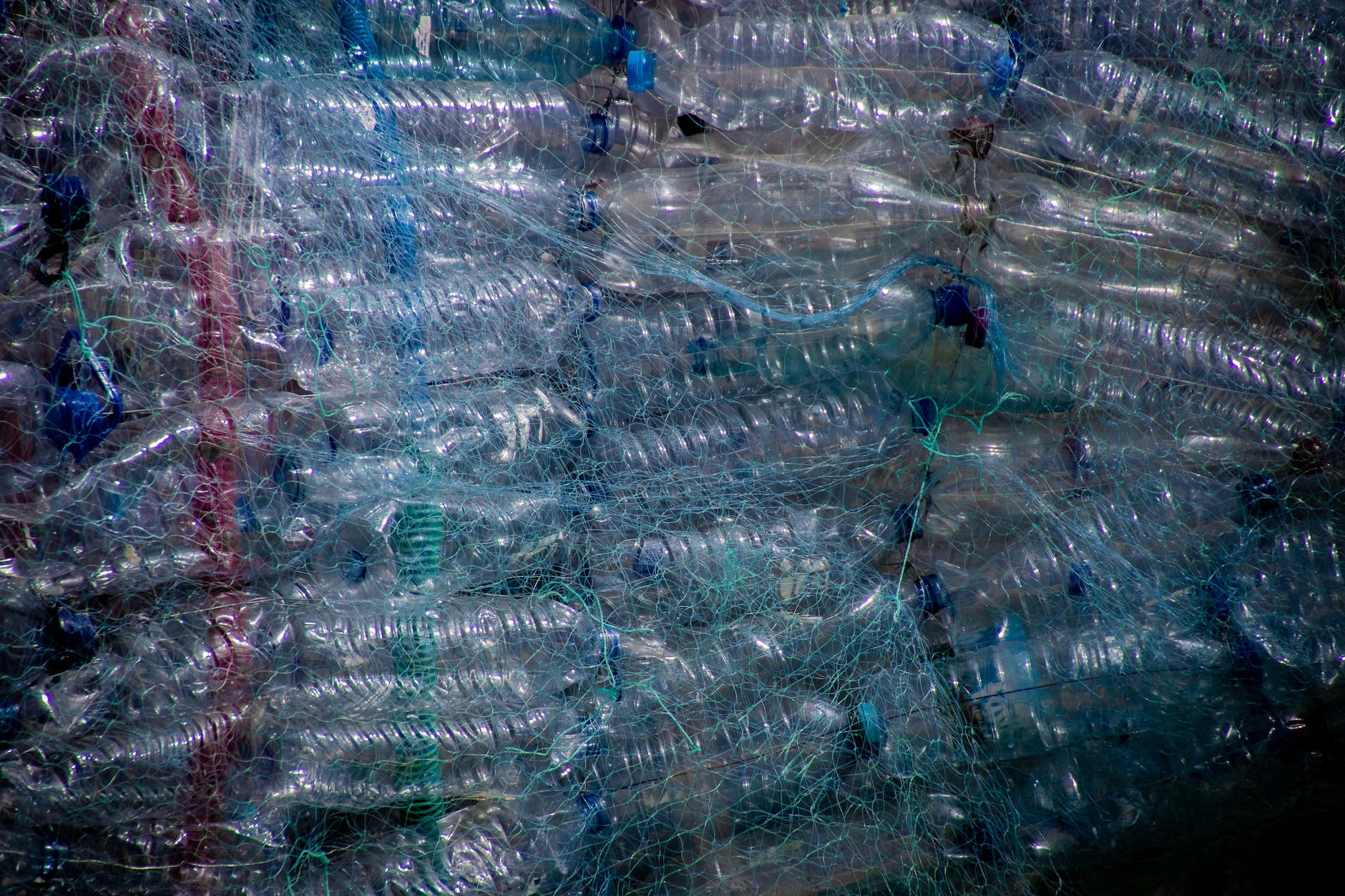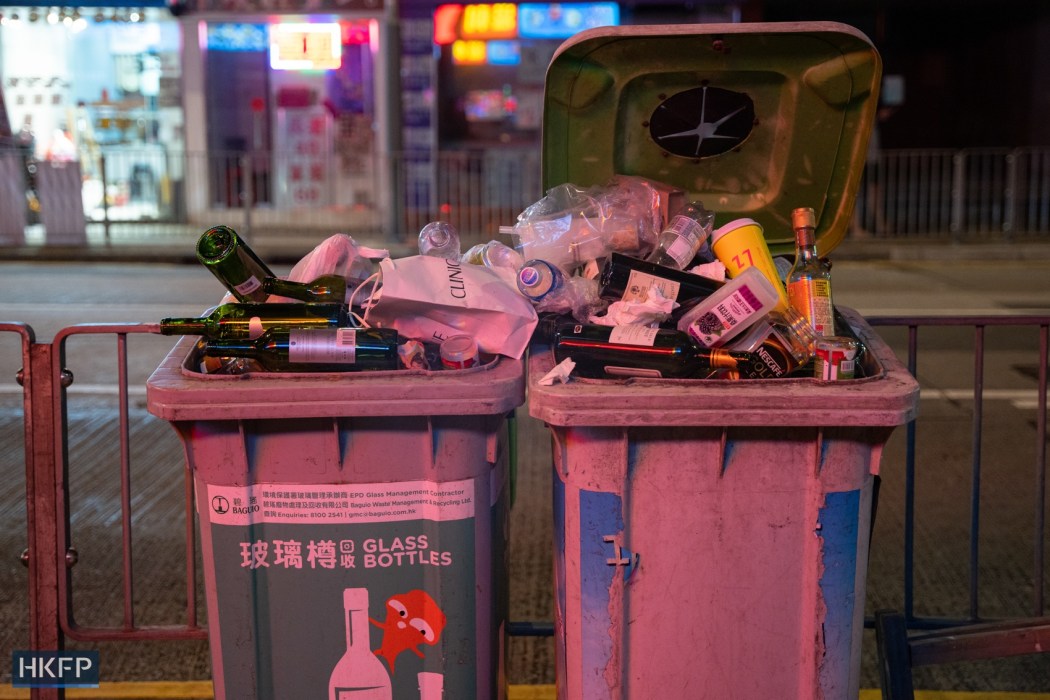Two years ago, I made a documentary film about a group of committed individuals going the extra mile to tackle the problem of single-use plastic drink bottles. I was persuaded that the deposit scheme started by Germany in 2003 and now widely adopted across Europe is the most effective way to boost recycling.

When it comes to collecting and recycling single-use plastic drink bottles, Germany remains the role model. The European powerhouse rolled out a deposit return scheme to incentivise consumers to bring back their glass and plastic bottles to stores. An additional fee is added to the retail price which the consumer can recover when returning the bottles. The deposit rate for a plastic drink bottle in Germany is €0.25 per bottle and in 2019, 97 per cent of them were recycled.
In contrast, just 5.7 per cent of all plastics in Hong Kong were recovered from municipal solid waste for recycling, according to the Environmental Protection Department’s 2021 report. Consumers can return plastic bottles by taking them to the 120 reserve vending machines across the city or the Green@Community network of shops and popup stations.
Countries which have adopted the deposit scheme include Finland, Iceland, Sweden, the Netherlands and Norway while Singapore rolled out the scheme in March this year with a 10-cent per bottle deposit. Canada, too, has had a deposit-return system in place for decades.
Experience in Germany and its European neighbours show that for a successful plastic bottle recycling programme there must be:
- a worthwhile monetary reward for consumers returning bottles.
- Widely-distributed and accessible collection points.
Romania has joined 13 other European countries in adopting the deposit return system for single-use plastic drink bottles. The deposit rate in Romania is 0.50 RON (EUR 0.1) per bottle and there are 80,000 collection points. The Eastern European country has set aggressive collection targets of 65 per cent by 2024, 80 per cent by 2025, and over 90 per cent by 2026.

This makes the lack of progress in Hong Kong all the more disappointing – especially because the scheme it intends to adopt will probably be the least effective type.
Instead of using the proven deposit scheme, Hong Kong will operate a rebate scheme. The government will set the minimum rebate level at 10 cents per bottle, which means consumers will receive 10 cents when they return used bottles.
Public consultations were held in the first half of 2021 but the Environmental Bureau told lawmakers last month that the bill would only be introduced next year, with the scheme starting in 2025. It will cover drink bottles and drink cartons.
Hong Kong so far has two mandatory schemes, one for plastic shopping bags and one for waste electrical and electronic equipment. The necessary regulations have been put in place to formalise a producer responsibility scheme for glass drink containers. Consultations on a scheme for plastic drink containers are taking place.

Meanwhile, about five million plastic drink bottles are discarded every day in Hong Kong, according to an estimate by an environmental group.
Environmental enthusiasts for years have urged the government to adopt a deposit scheme for bottles. A survey commissioned by five green groups in 2021 had suggested the 10-cent rebate scheme would be unattractive, with only 20 per cent of respondents saying they would make the effort to recycle. In contrast, more than 80 per cent would return used bottles for recycling if they could claim HK$1 under a deposit scheme.
The committed individuals I had the opportunity to document include the Water for Free movement, young entrepreneurs recycling used plastics into furniture and art pieces, and householders organising waste separation and collection schemes in rural neighbourhoods. Such community initiatives are inspiring. Hong Kong will be at the forefront of sustainability – as soon as we have a suitable policy framework.
Type of Story: Opinion
Advocates for ideas and draws conclusions based on the interpretation of facts and data.
Support HKFP | Policies & Ethics | Error/typo? | Contact Us | Newsletter | Transparency & Annual Report | Apps
| HKFP is an impartial platform & does not necessarily share the views of opinion writers or advertisers. HKFP presents a diversity of views & regularly invites figures across the political spectrum to write for us. Press freedom is guaranteed under the Basic Law, security law, Bill of Rights and Chinese constitution. Opinion pieces aim to point out errors or defects in the government, law or policies, or aim to suggest ideas or alterations via legal means without an intention of hatred, discontent or hostility against the authorities or other communities. |
Help safeguard press freedom & keep HKFP free for all readers by supporting our team

More HKFP OPINION:
HKFP has an impartial stance, transparent funding, and balanced coverage guided by an Ethics Code and Corrections Policy.
Support press freedom & help us surpass 1,000 monthly Patrons: 100% independent, governed by an ethics code & not-for-profit.










